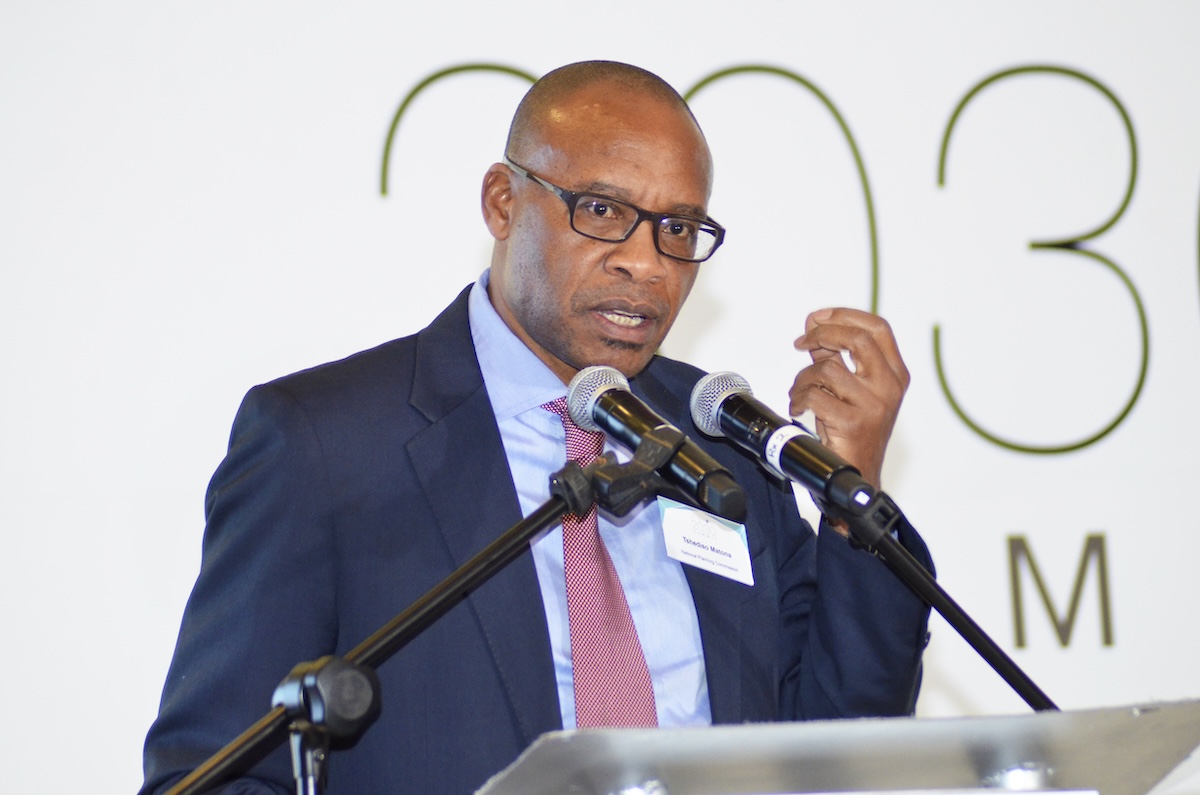It cannot be acceptable nor sustainable that white people in South Africa make up 7.3% of the population and own and control anything from 70%-80% of the economy; while black people are more than 90% but own anything from 10%-25% of the economy. Moreover, research by economist Duma Gqubule puts black ownership in 50 JSE-listed top 50 companies at 1.2%, out of total JSE market capitalization of R18-trillion.
From annual compliance reports submitted to the B-BBEE Commission over the 6 years since established, black ownership hovers around 30% on average in any given year; and black women ownership hovers around 14% on average.
It cannot be that South Africa has the infamy of being the most unequal country in the world, while the country is so well endowed in resources and opportunities; human capital and youth; in national diversity and resilience; and in international networks. This label jars with a world that is more and more accepting of concepts of empowerment and transformation by governments and business, as represented by for example Sustainable Development Goals (SDGs) under the United Nations, or the emergent Environment, Social and Governance (ESG) movement of business as a force for good, in partnership with governments.
It is important to also appreciate that historical and ongoing barriers to equitable black economic participation, are the self-same factors accounting for the economy’s low growth, high unemployment, and high inequality trap, namely poor education and skills; lack of entrepreneurial skills and experience, lack of access to finance and markets; spatial location far from economic hubs; lack of infrastructure. In turn, these economic factors account for myriad social ills in the country, including crime, because too many citizens, especially youth, are spectators of the economy and have no stake or belonging in the future of the country.
Read the full article in the 23rd edition of Top Empowerment

